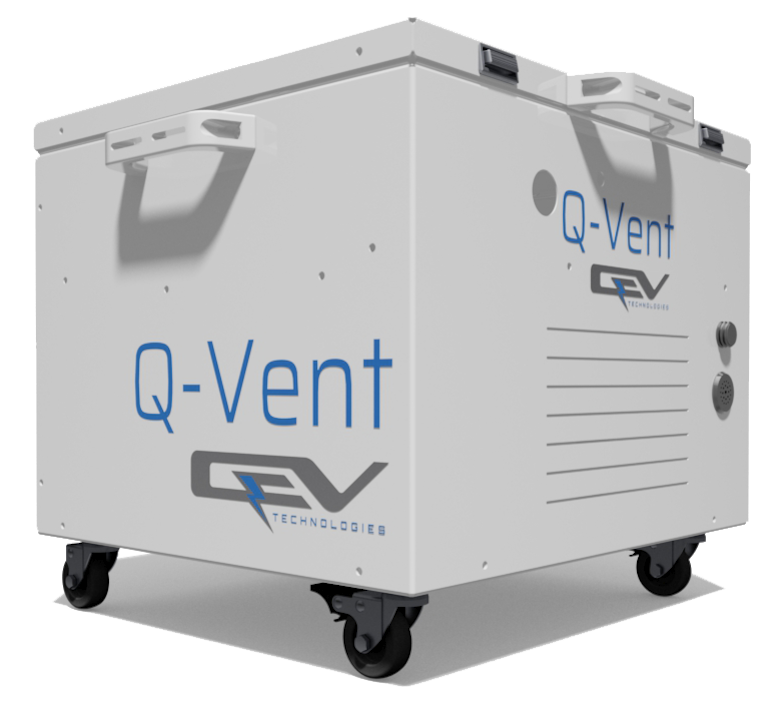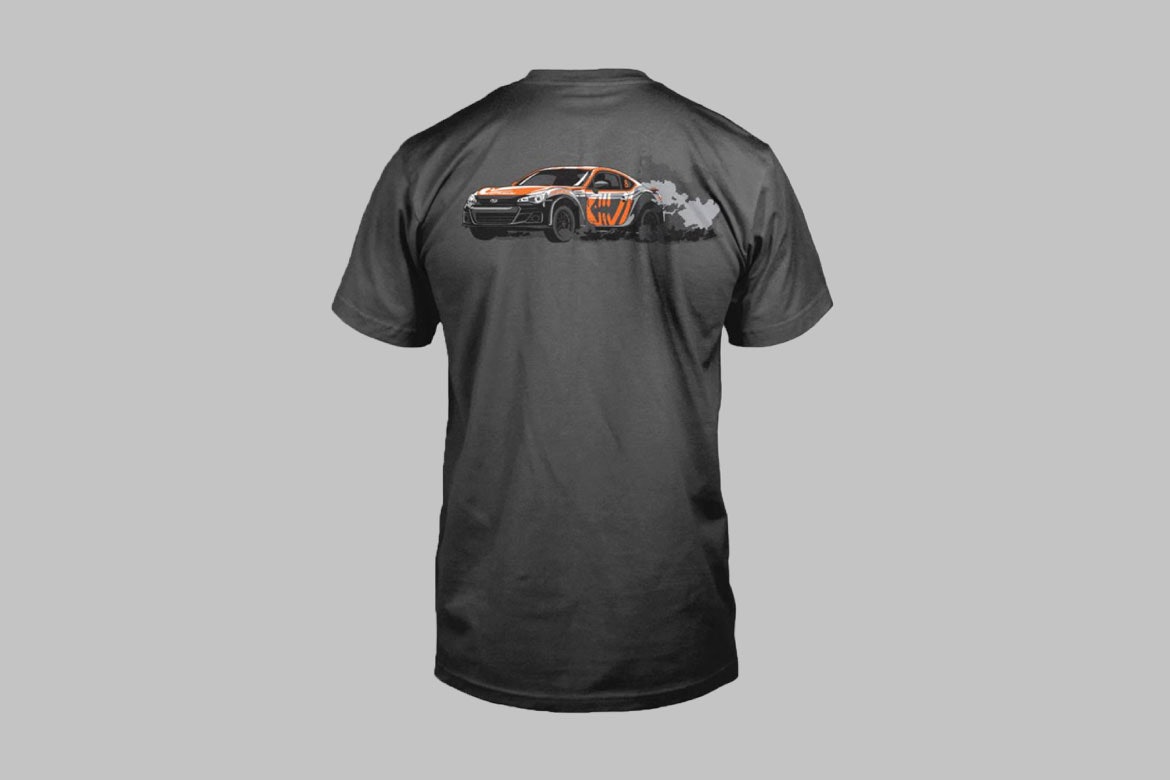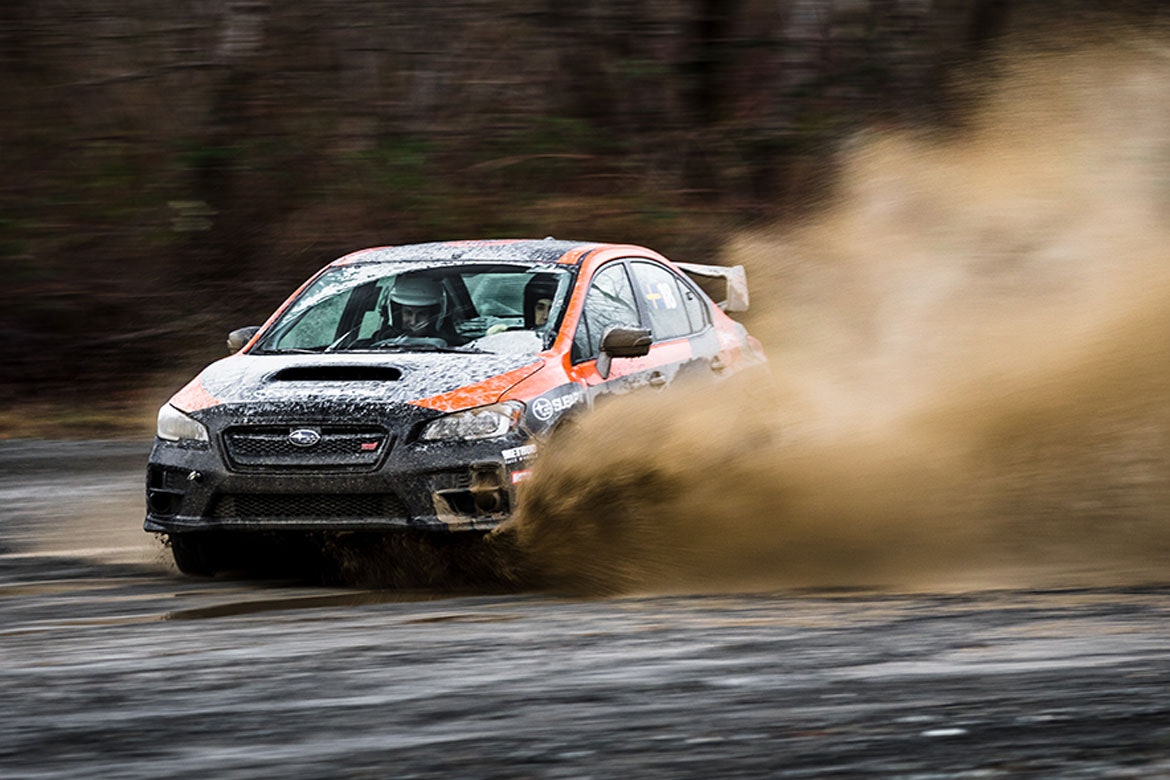The Extreme E electric off-road series is partnering with QEV Technologies to distribute a battery-powered ventilator.
The ventilator, which has been co-developed by engineering firm QEV and will weigh 22 kilograms once manufactured, is intended for use in intensive care units as countries across the world continue to grapple with the coronavirus crisis.
Extreme E said the device’s “ease of use” design would make it suitable for “supplying emerging countries”.
“Everyone around the world, in business and our communities, is currently asking themselves, ‘What skills can we bring to the table in the fight against coronavirus?'” said Extreme E CEO and founder Alejandro Agag.
“Our talented partners at QEV Technologies, alongside Hospital de Sant Pau, Nissan and Eurecat, have found an incredible way to direct and utilise their expertise to help make a difference to those who are in urgent need around the globe.
“Our championship will visit a number of emerging countries that, as is the case in many nations worldwide, are currently suffering shortages of conventional respirators.
“Using our network and commercial relationships, we will focus all of our attention on supporting QEV Technologies with the distribution of this device to those countries.”

QEV has developed the respirator alongside the research institute at the Hospital de Sant Pau in Barcelona, and manufacturing of the 22-kilogram device will begin this week at Nissan’s engine and gearbox facility in Spain.
The Eurecat technology centre was also involved in advising on the “design and production of selected components” in the ventilator, which when required automates a resuscitator that aids patients’ breathing.
“The hard work QEV Technologies, Nissan, Eurecat and Hospital de Sant Pau have done in innovating, testing and building the Q-Vent device is admirable and we will help in any way we can to widen its use and make a difference to those in remote communities, developing nations and field hospitals,” added Agag.





